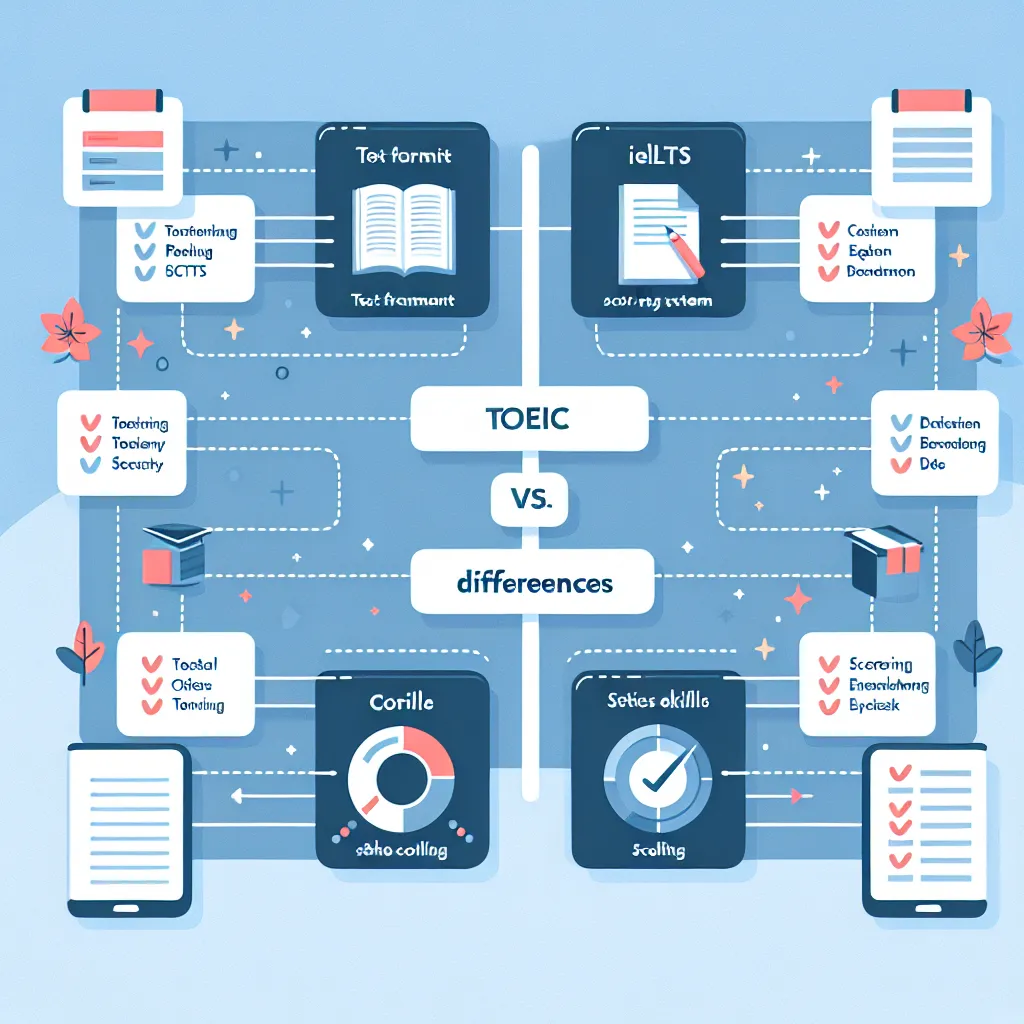Are you preparing for the TOEIC exam and feeling overwhelmed by the vast amount of vocabulary you need to master? Don’t worry! This comprehensive guide will help you navigate through the essential vocabulary you need to learn for the TOEIC exam, ensuring you’re well-prepared and confident on test day.
Understanding the Importance of TOEIC Vocabulary
The Test of English for International Communication (TOEIC) is a widely recognized exam that assesses English language proficiency in a business context. A strong vocabulary is crucial for success in all sections of the TOEIC test, including listening, reading, speaking, and writing.
 TOEIC Exam Preparation
TOEIC Exam Preparation
Why Vocabulary Matters in TOEIC
- Improved comprehension: A robust vocabulary enhances your ability to understand spoken and written English in various business scenarios.
- Better expression: Knowledge of diverse words allows you to articulate your thoughts more precisely in speaking and writing tasks.
- Time efficiency: Familiarity with common TOEIC vocabulary helps you process information faster, giving you more time to answer questions.
- Higher scores: A broad vocabulary can significantly boost your performance across all sections of the TOEIC test.
Essential TOEIC Vocabulary Categories
To effectively prepare for the TOEIC exam, focus on learning vocabulary in these key categories:
1. Business and Office Vocabulary
- Corporate structure: CEO, manager, supervisor, employee
- Office equipment: printer, photocopier, scanner, projector
- Business documents: report, invoice, memo, contract
2. Finance and Economics
- Financial terms: budget, investment, profit, revenue
- Economic concepts: inflation, recession, GDP, market share
3. Marketing and Sales
- Marketing strategies: advertising, promotion, brand awareness
- Sales terminology: lead, prospect, customer retention, sales target
4. Human Resources
- Recruitment: interview, resume, candidate, job description
- Employee benefits: health insurance, pension, annual leave, sick leave
5. Technology and Communication
- IT terms: software, hardware, network, database
- Communication tools: email, videoconference, instant messaging, webinar
6. Travel and Hospitality
- Transportation: flight, reservation, itinerary, check-in
- Accommodation: hotel, amenities, room service, concierge
Effective Strategies for Learning TOEIC Vocabulary
Now that you know what to learn, let’s explore how to learn it effectively:
-
Use flashcards: Create digital or physical flashcards for each new word, including its definition, pronunciation, and example sentences.
-
Practice in context: Read business articles, listen to business podcasts, and watch business news to encounter vocabulary in real-world contexts.
-
Create word families: Group related words together (e.g., “manage,” “manager,” “management”) to expand your vocabulary efficiently.
-
Utilize mnemonic devices: Create memorable associations or acronyms to help you recall challenging words.
-
Regular review: Set aside time each day to review previously learned vocabulary to reinforce your memory.
 TOEIC Vocabulary Study Methods
TOEIC Vocabulary Study Methods
Common Pitfalls to Avoid
When learning vocabulary for the TOEIC exam, be aware of these common mistakes:
-
Neglecting pronunciation: Proper pronunciation is crucial, especially for the speaking section. Use online dictionaries with audio features to practice.
-
Ignoring collocations: Learn not just individual words but also common word combinations (e.g., “launch a product,” “conduct a meeting”).
-
Overlooking idioms: Many TOEIC questions include idiomatic expressions. Make sure to study common business idioms.
-
Focusing only on definitions: Understanding how words are used in context is just as important as knowing their definitions.
-
Cramming: Avoid last-minute vocabulary cramming. Consistent, spaced learning is more effective for long-term retention.
Next Steps in Your TOEIC Preparation
After building your TOEIC vocabulary foundation:
-
Take practice tests: Apply your vocabulary knowledge in full-length TOEIC practice exams to identify areas for improvement.
-
Join study groups: Collaborate with other TOEIC test-takers to practice using business vocabulary in conversations and discussions.
-
Simulate real-world scenarios: Role-play business situations using the vocabulary you’ve learned to enhance your practical application skills.
-
Seek feedback: If possible, have a teacher or tutor review your speaking and writing to ensure you’re using vocabulary correctly.
-
Stay updated: Keep abreast of current business news and trends to continually expand your vocabulary and knowledge base.
By following this comprehensive guide and dedicating time to learning and practicing essential TOEIC vocabulary, you’ll be well-equipped to tackle the exam with confidence. Remember, consistent effort and smart study strategies are key to achieving your desired TOEIC score. Good luck with your preparation!
[internal_links]
- 10 Essential TOEIC Grammar Points You Need to Master
- Top TOEIC Listening Strategies for a Higher Score
- How to Improve Your TOEIC Reading Speed and Accuracy
- TOEIC Speaking and Writing: Tips for Success
- The Ultimate TOEIC Study Plan: From Beginner to Expert




